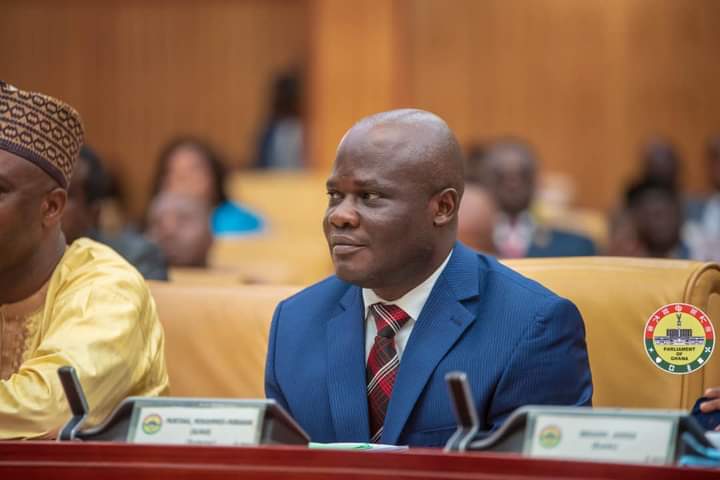Sanitation Minister proposes new levy

The Minister for Local Government, Chieftaincy, and Sanitation, Ahmed Ibrahim, has proposed the introduction of a devoted sanitation levy in a call to address the growing sanitation hindrances across the country.
According to the Minister, the levy would serve as a crucial financial resource aimed at improving waste management, enhancing public hygiene, and supporting long-term sanitation projects in Ghana.
On Thursday, March 27, Hon. Armed Ibrahim made this declaration while speaking to journalists during a national sanitation forum held in Accra.
The minister emphasized the need for collective efforts to curb Ghana’s sanitation problems and expressed confidence that the proposed levy would play a key role in achieving this goal.
Addressing the media, Ahmed Ibrahim explained that with the recent restructuring of government responsibilities, the sanitation sector now falls under his ministry.

He acknowledged the severity of sanitation-related issues in Ghana and stressed the urgency of implementing sustainable solutions.
In a statement the minister said “He has just assumed office and sanitation is his responsibility since it has been merged to the Ministry of Chieftaincy.
However, establishing a sanitation fund will call for a sanitation levy. Because initiating a fund means instituting a tax.
Mr. Ibrahim further argued that, “It has to be taken from somewhere to establish the fund. And it is long overdue they do that. In the meantime, whenever Parliament meets again after this dissolution, the Ministry of Sanitation will sit on it and make implementations.”
The issue of sanitation sticks to be one of the most pressing challenges facing Ghana which has led to the country struggling with waste management inefficiencies, indiscriminate littering, poor drainage systems, and inadequate funding for sanitation initiatives.
However, major cities such as Accra, Kumasi, and Takoradi frequently experience issues related to improper waste disposal, which contributes to environmental pollution and public health risks.


 Kasoa Court Jails Three for WASSCE Examination Malpractice
Kasoa Court Jails Three for WASSCE Examination Malpractice  Mahama frees 72-year-old man after 51 years in jail for intervening in a fight
Mahama frees 72-year-old man after 51 years in jail for intervening in a fight  World Cup 2026Q: Black Stars miss chance to go six points clear
World Cup 2026Q: Black Stars miss chance to go six points clear  MTN Ghana to shutdown 2G & 3G networks in favour of 4G technology
MTN Ghana to shutdown 2G & 3G networks in favour of 4G technology